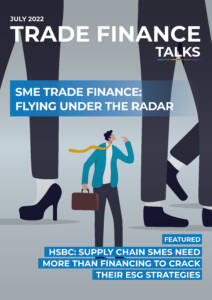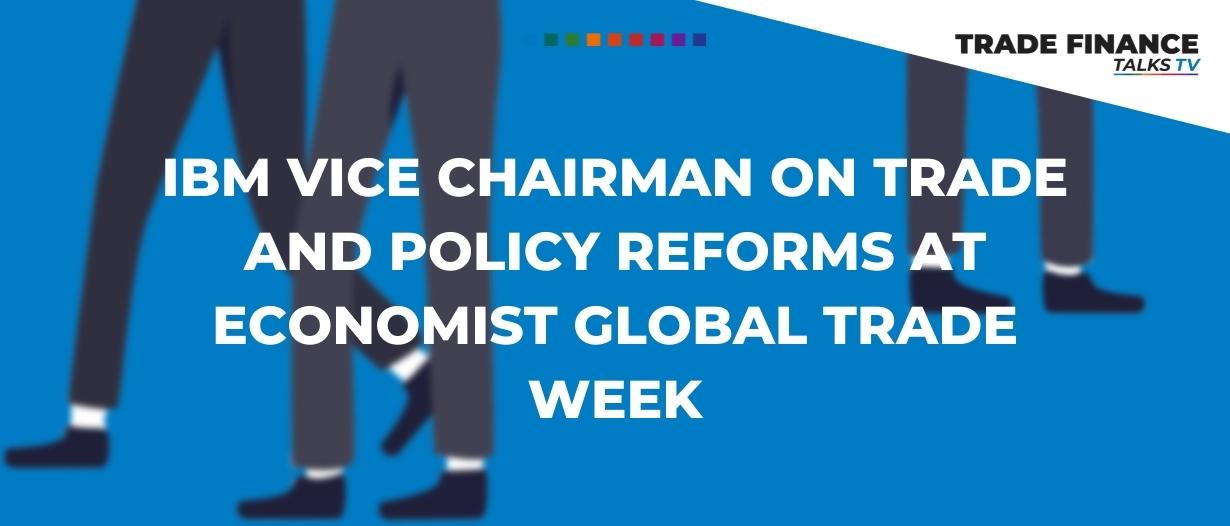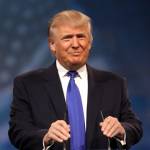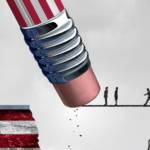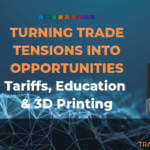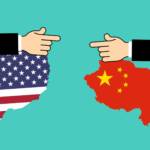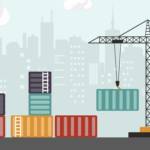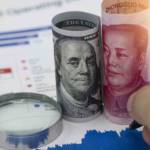TFG has partnered with The Economist Impact Events’ 2nd Annual Global Trade Week.
During the fireside chat ‘What is the outlook for the inflationary environment?’ The Economist spoke with Gary Cohn, vice chairman of IBM, to discuss his thoughts on the causes of inflation, and what policy changes are needed to tackle it.
The current inflationary environment may have come as a shock for many, but Gary Cohn, vice chairman of IBM, believes that we’ve been heading down the inflationary path for a few years.
“If we look at the prices of commodities, if we look at the price of labour and where it was headed last year, we had very early signs of what was going on,” Cohn said.
But what should policymakers have in mind when trying to tackle the problem of inflation?
Cohn believes two key policy questions need to be asked:
- What is our environmental, energy, and industrial policy?
- Where is the intersection between those three policies?
Currently, policymakers are treating their environmental, energy, and industrial policies as distinct, making decisions in isolation from each other, leading to a situation where the policies don’t work in conjunction.
This leads to a series of half measures.
The full benefits from these policy changes will come from figuring out a way to fit the environmental, energy, and industrial industries together in a cohesive manner.
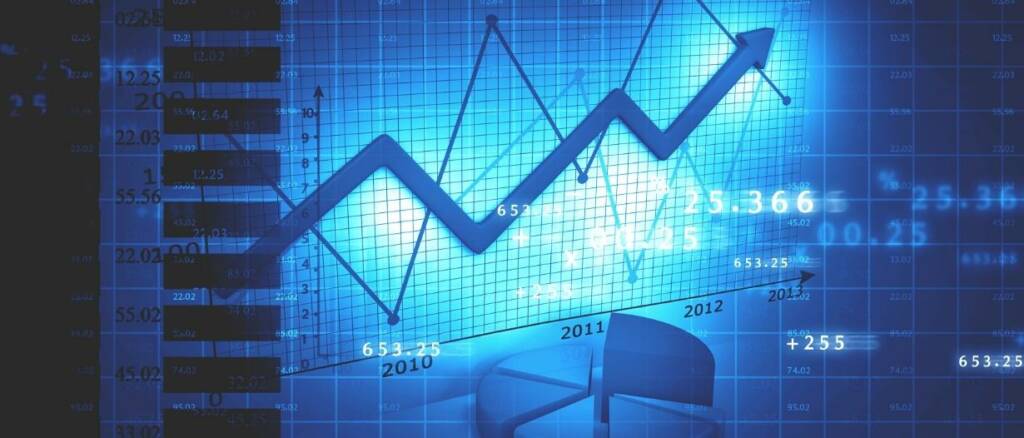
The impacts of the pandemic
The combination of the pandemic and long-term structural factors are central causes of inflation.
Oil reached negative prices during the pandemic, leaving companies no incentive to drill for oil – a situation that impacted the rate of production.
Additionally, policy decisions made by governments to not build new pipelines and not allow banks to finance oil exploration have contributed to the price of fuel today.
The pandemic had an impact on high oil prices, but arguments can be made that policy measures have had an equal, or even greater, impact.
A similar argument can be made for the labour market.
The pandemic saw many workers leave the labour force, but Cohn argues we could have made decisions to keep people attached to their jobs.
“Governments should have given the payroll providers the money, so workers could still be attached to their jobs,” Cohn said.
“Now we’re in a position where we’re getting people to re-enter the workforce”.
In the US, workforce participation has yet to reach pre-pandemic levels, and it’s taking higher wages to get people to re-enter the labour market.
The pandemic is a clear cause of inflation, but policy issues are driving inflationary causes as well.
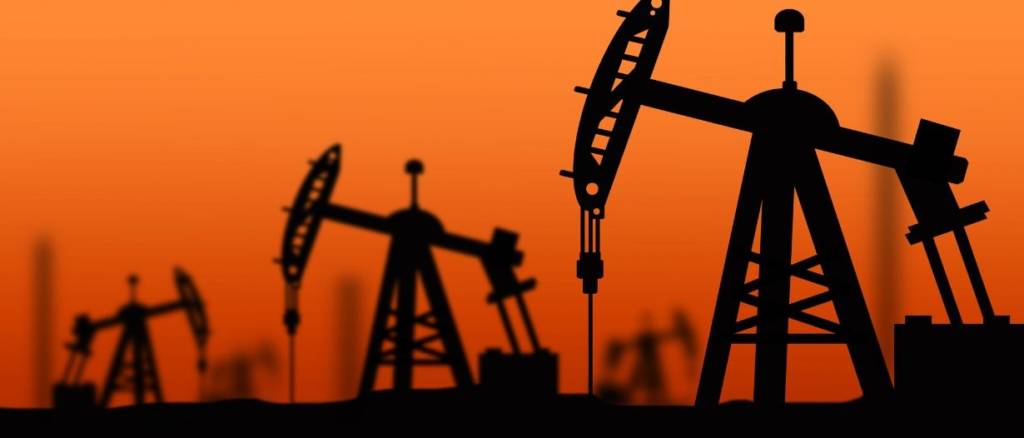
Growing isolationism
A breakdown in US-China relations and the Russian invasion of Ukraine have been huge shocks to global supply chains, leading many countries to think about how they can adjust their trade agenda.
As a result of the pandemic, “countries now understand the vital necessities that they need, and they will now think more and more about being able to produce their own vital necessities,” Cohn said.
We can expect to see more onshoring for products that are now deemed essential.
However, the reality is that not every country has the resources or human capital necessary to produce the essentials.
The notion that every country is going to be independent is unrealistic with most indications suggesting that we will continue to have a globalised economy.
“Countries are still highly dependent on each other, for example, Europe is dependent on the US for liquefied natural gas (LNG)”
Issues are raised when looking from an environmental perspective, especially since many countries do not want to specialise in highly polluting industries, despite these industries producing some of the products that are deemed necessary.
We are still going to need materials like steel, but it is unclear which nations are keen to step up and take the environmental burden of producing steel.
It all comes back to this intersection of environmental, energy, and industrial policies.
Solving the questions of these fundamental issues will allow us to develop our trade policies, and tell us what trade agreements we need and what trade tariffs will be put together.
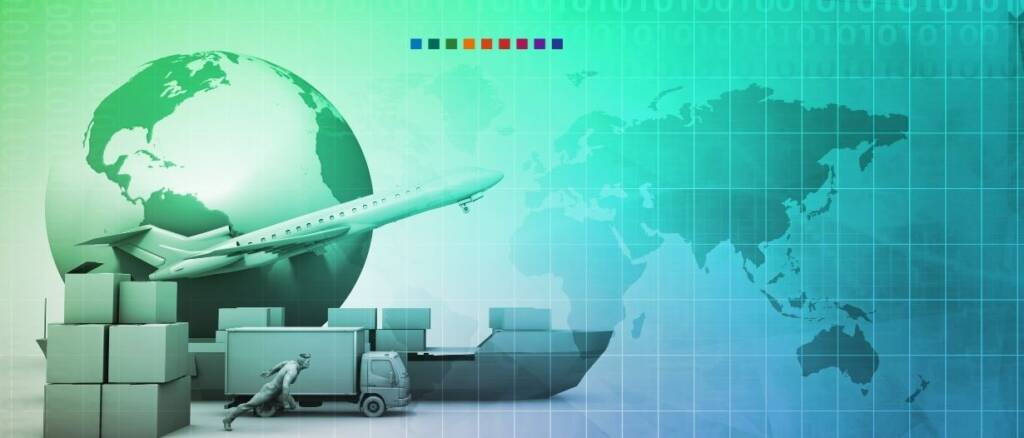
Case for collaboration
These issues will require international cooperation, but Cohn questions if the political will exists.
“The US produces large quantities of food and China produces a large number of finished goods but has a food issue – there should be a relationship there,” Cohn said.
“This is difficult, however, because of the national tension when importing from China.”
“Producing finished goods in the US would be difficult because the country is at full employment; so where would the workers come from?”
It would require human capital that they don’t have in the US, barring dramatic immigration policy changes.
Countries should be using their competitive advantage in goods and services – a more practical, but politically more difficult solution.
In 2017, the US pulled out of the Trans-Pacific Partnership Agreement (TPP) and Cohn considers this a mistake.
“This agreement allowed the US to export agricultural products to the benefit of US farmers.”
These agreements make sense practically, but politically they are hard to execute.
Read the latest issue of Trade Finance Talks, July 2022
